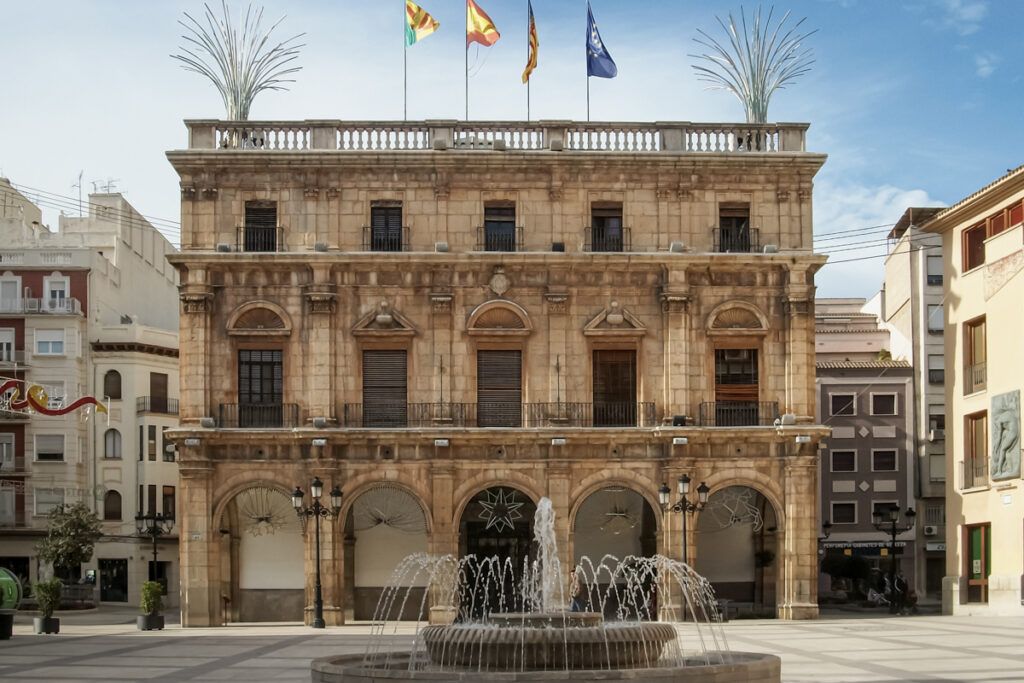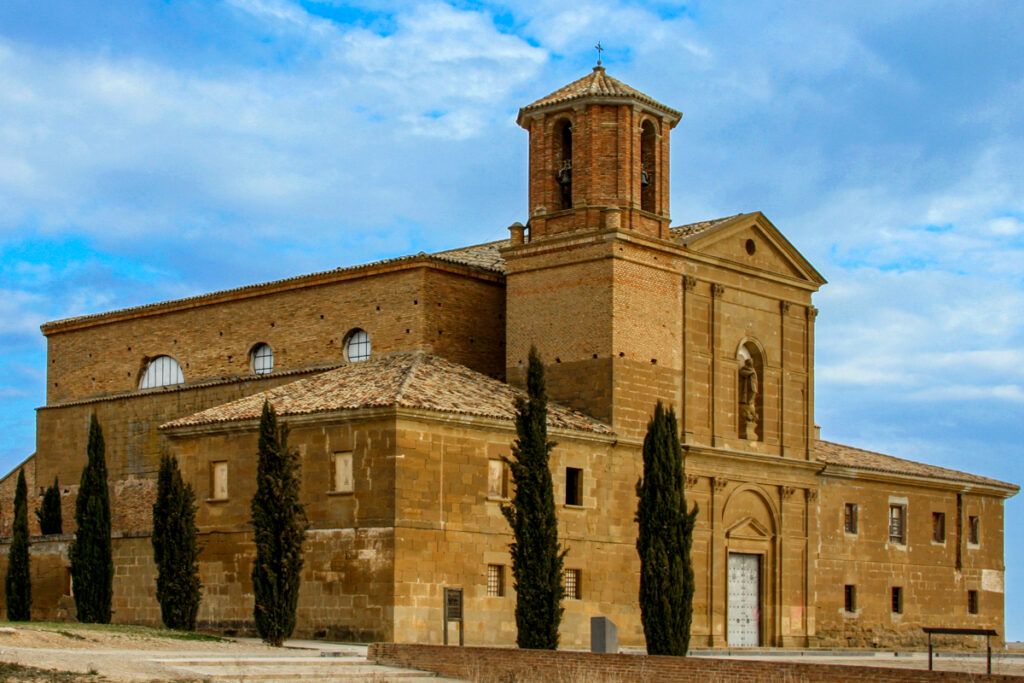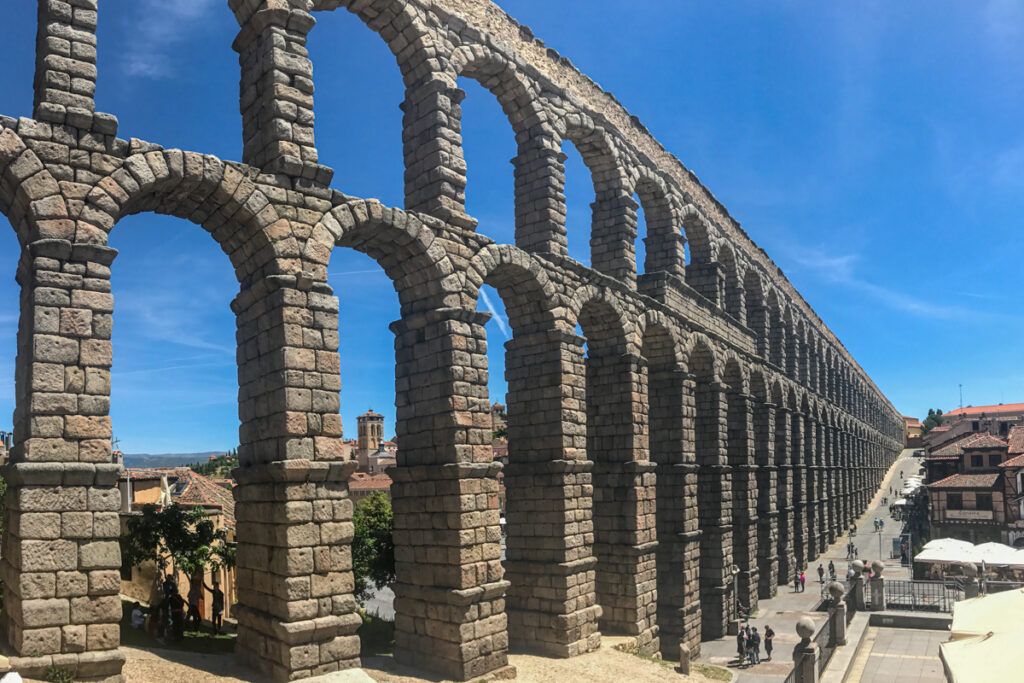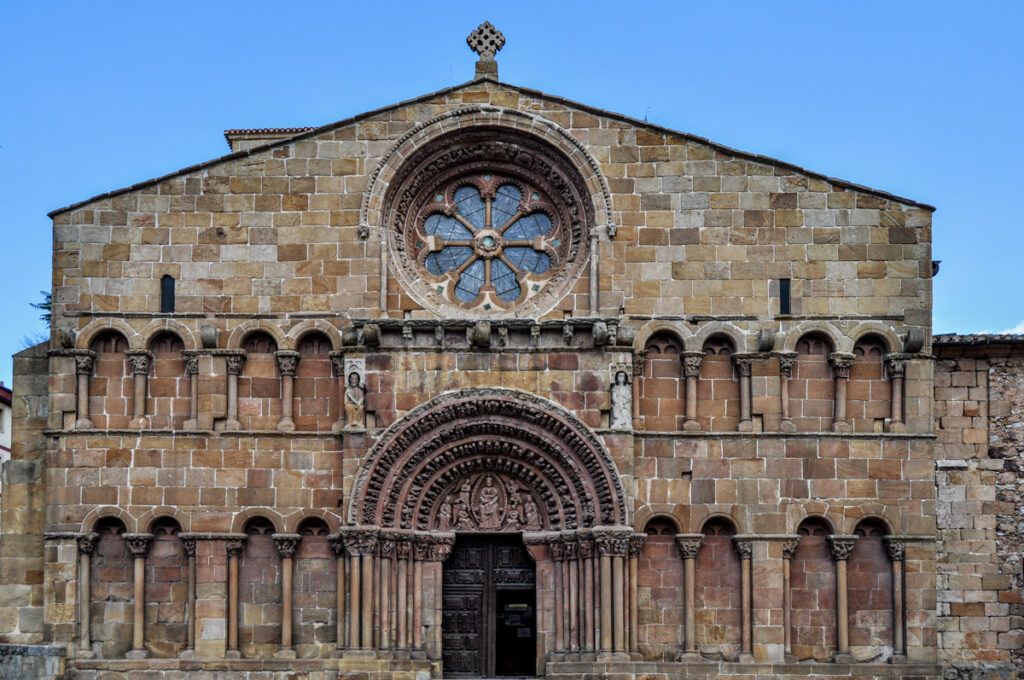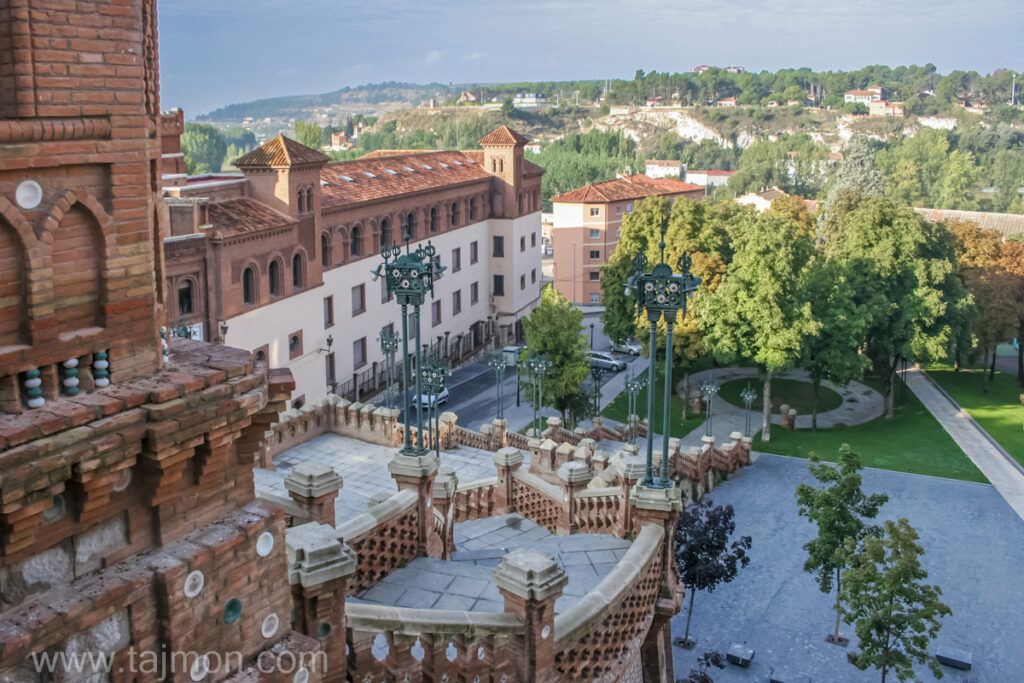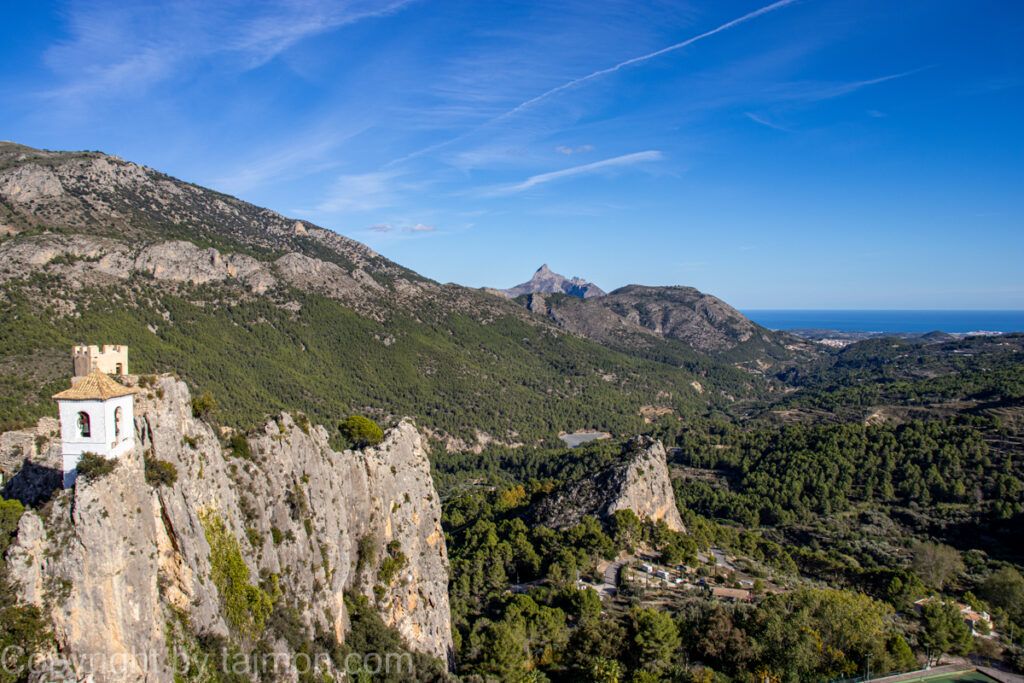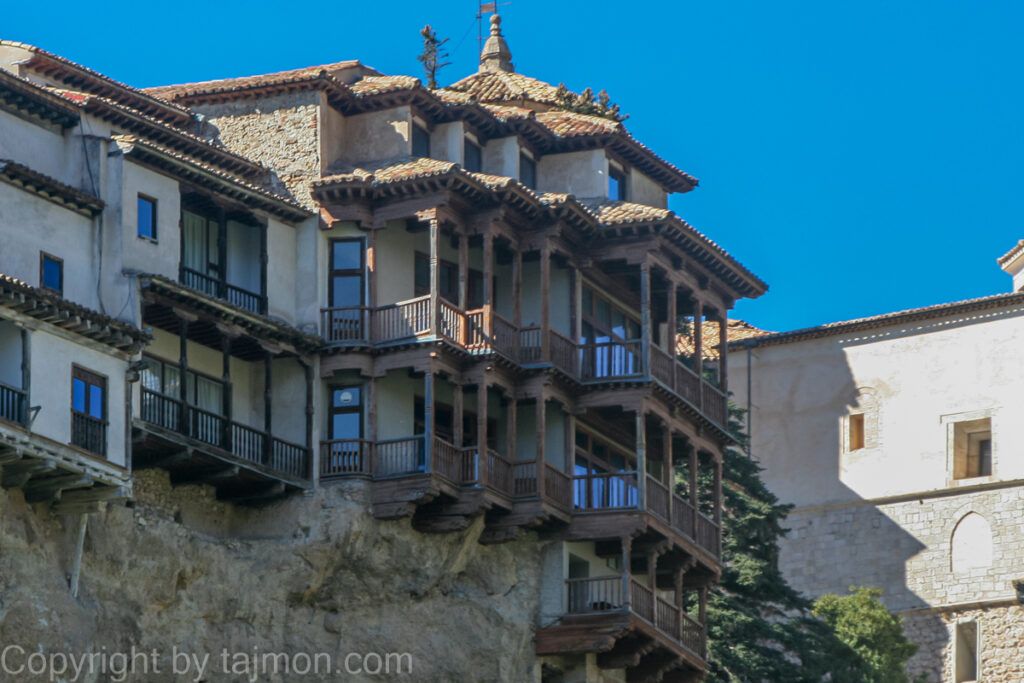Episcopal Palace
Opposite the cathedral, on the corner of Gobernador and Mayor streets, is the Episcopal Palace, the seat of the bishop of the Segorbe-Castellón diocese. It is a building of elegant and harmonious architecture, which is one of the most important Neoclassical monuments in Valencia.
The Episcopal Palace was built between 1768 and 1786, according to the design of architect Vicente Gascó. Its facade is divided into three parts, with the middle one being higher and protruding forward. On the ground floor, there are windows with wrought iron grates, on the first floor windows with balconies and pilasters, and on the second floor windows with cornices. At the top of the facade, there is a triangular pediment with the bishop’s coat of arms and the inscription “Palacio Episcopal”. The whole is topped with a balustrade with vases and statues.
The interior of the palace is richly decorated and furnished, preserving many original elements. It is worth paying attention to the beautiful stairs made of marble and wood, which lead to the upper floors. On the first floor, there is a chapel, where you can admire paintings from the 18th century, such as “The Annunciation” or “The Crucifixion”. On the second floor, there is a throne room, where the bishop receives important guests and the ceremony of handing over the pastoral staff takes place. On the third floor, there is a library, where you can see valuable books and documents related to the history of the church and the city.
The Episcopal Palace is not only the bishop’s residence, but also a museum. In the palace, you can visit an exhibition dedicated to sacred art, where you can see works from different epochs and styles, such as sculptures, paintings, textiles, silverware, and jewelry. In the palace, you can also see an exhibition dedicated to the history of the Segorbe-Castellón diocese, where you can see objects and souvenirs related to the life and work of bishops and priests.
The Episcopal Palace is not only a museum, but also a center of culture. In the palace, various events and initiatives take place, such as concerts, conferences, workshops, or meetings, which aim to promote and disseminate religious, cultural, and social values.
